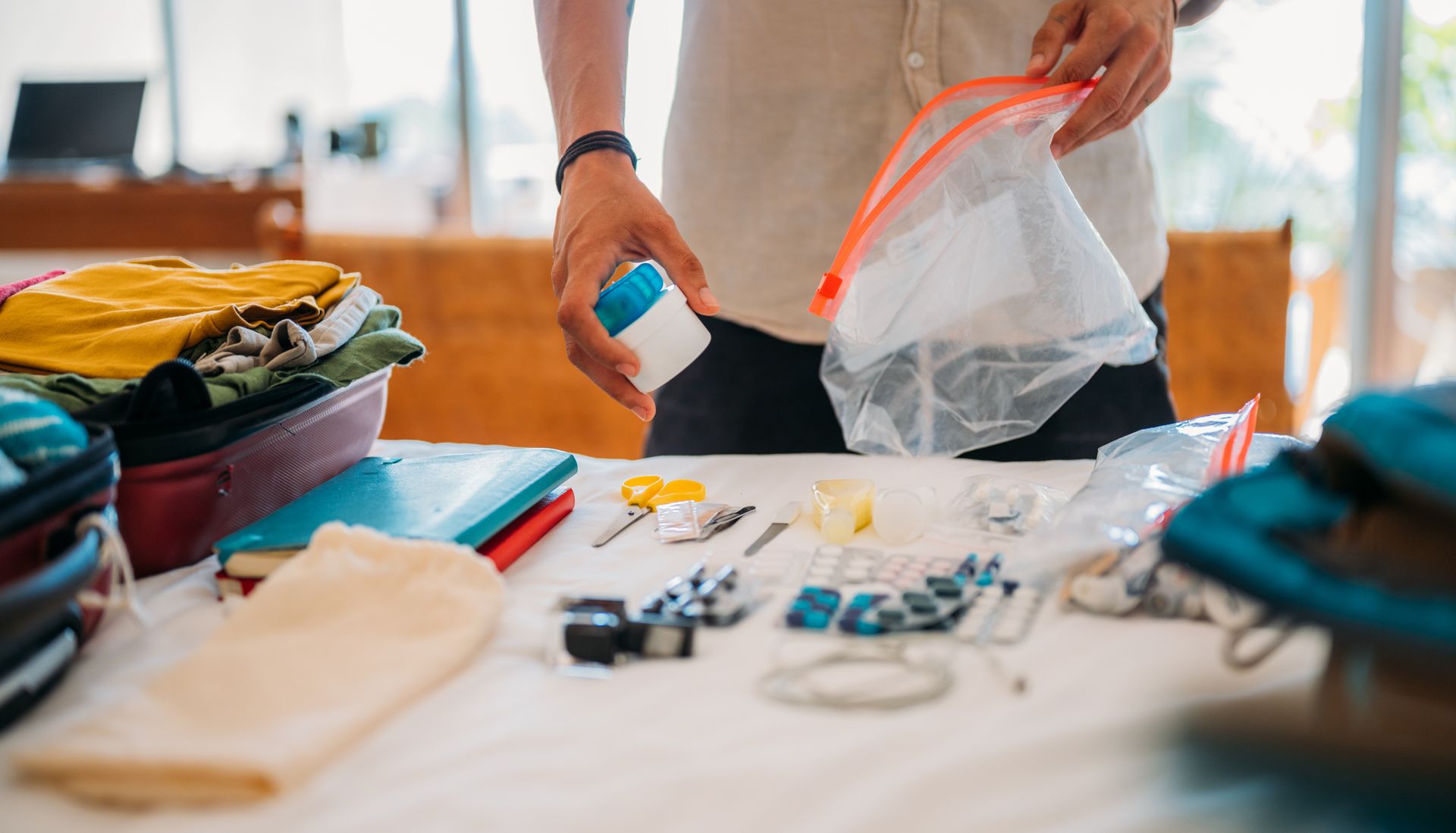Traveling with Prescription Medications: A Guide by iBestTravel
By Donna LeValley
Published 14 July 2024
When you embark on international travel with medications, especially prescription drugs, it is essential to understand the rules. While you may not face severe penalties, like what happened with Brittney Griner in 2022 when she entered Russia with medical marijuana, it’s crucial to know that prescription medications legal in the U.S. might be prohibited in other countries.
Moreover, medications containing controlled substances aren’t the only drugs that require careful oversight; being prepared and compliant with your destination’s regulations is key to a trouble-free trip.
Before You Travel with Medications
It is advisable to contact the consulate or embassy of your destination, as well as those of countries you may have layovers in, to verify that your medications are permitted. Authorities abroad may require proof that the medication belongs to you. To avoid confiscation, request a letter from your doctor that states:
- What the medication is, including both its generic and brand names.
- Your dosage and that it is for personal use.
The U.S. State Department recommends that travelers should:
- Keep medications in their original, labeled containers. Ensure they display your full name, your healthcare provider’s name, and the exact dosage.
- Confirm that the name on your prescription matches your travel documents and identification.
- Bring copies of all written prescriptions, emphasizing the generic names for the medications.
- Request a note from your prescribing healthcare provider if you use controlled substances or injectable medicines, like EpiPens and insulin.
Typical Regulations to Know:
- Most countries require a medical prescription from a licensed doctor.
- The prescription should be translated into the local language, or English for some countries.
- Limitations often apply—many countries do not allow more than a 30 to 90-day supply of prescription medications.
- Eligibility requirements may differ for foreigners compared to citizens.
Understand the Law in Your Destination
Finding out if your medications are restricted can indeed be complex. Laws vary significantly between countries, and misinterpretations can result in serious consequences such as confiscation, denial of entry, or even detention. A 2024 survey found that 27% of Americans reported having their medications confiscated during travel. However, the vast majority successfully bring their medications without incident.
Remember, medications are regulated based on the type, amount, and destination. Common medications available in the U.S. may be considered illegal or controlled in other countries. Commonly restricted drugs include:
- Amphetamines, including ADHD medications.
- Medical marijuana/cannabis.
- Opioid-based painkillers, like codeine and oxycodone.
- Medications containing pseudoephedrine, often found in cold and flu remedies.
- Sleeping pills, anti-anxiety medications, and antidepressants.
Traveling to Japan
Japan enforces strict drug laws. Many common medications and over-the-counter drugs in the United States are illegal in Japan, regardless of having a valid U.S. prescription. Bringing these medications may result in legal trouble, including arrest and detention.
For detailed information regarding what drugs are legal, consult the Japan’s Ministry of Health, Labour, and Welfare (MLHW). If you need to bring more than the MLHW-approved quantity of medication, obtain a “Yunyu Kakunin-sho” (importation certificate) before your trip, and present this along with your prescription to customs upon arrival. You can also inquire about the legality of your medications via email at yakkan@mhlw.go.jp.
Prepare a Travel Health Kit
Efficient organization of your medications can streamline the customs and passport control processes. Your travel health kit should contain your prescription and over-the-counter medicines, supplying enough for your whole trip, including extras for potential delays. Be sure to keep medications in your carry-on in case your luggage is lost or delayed.
Avoid Buying Medicine in Other Countries
Counterfeit drugs are prevalent in certain regions, so it’s prudent to rely solely on medications you bring from home. If you must purchase medications in an emergency, contact the nearest U.S. embassy or consulate for assistance in locating medical services.
Bottom Line
Planning ahead is crucial. Gather the necessary information before departure to minimize the risk of encountering issues with medications or medical equipment while traveling. If you run out of medication, contact the U.S. embassy to connect with local healthcare providers and avoid purchasing medications from untrustworthy sources.
Additionally, consider checking the International Narcotics Control Board for general regulatory information regarding controlled substances in different countries to stay informed and secure during your travels.




